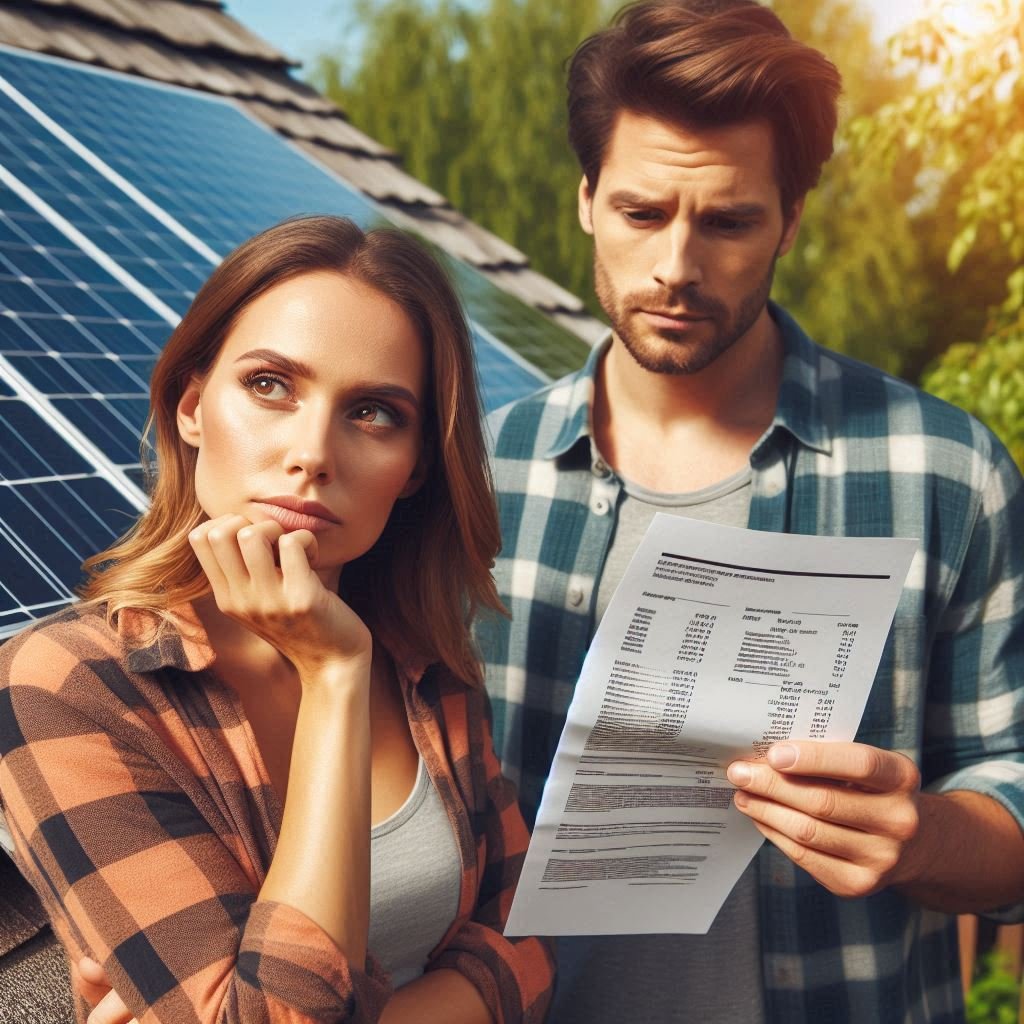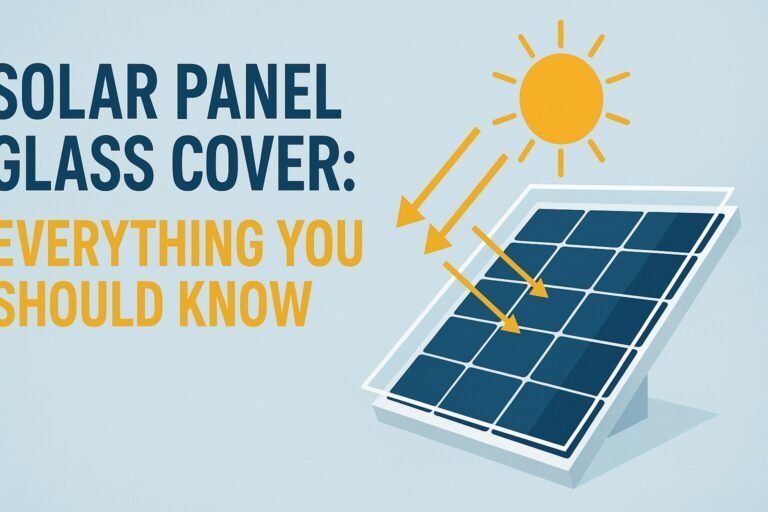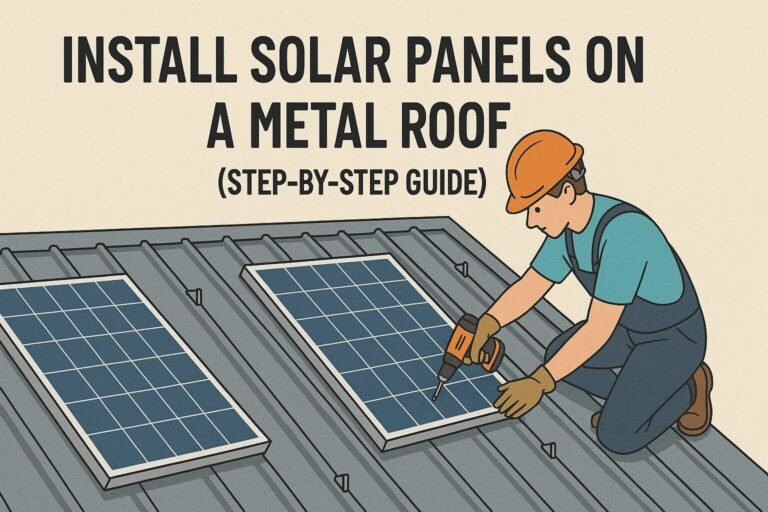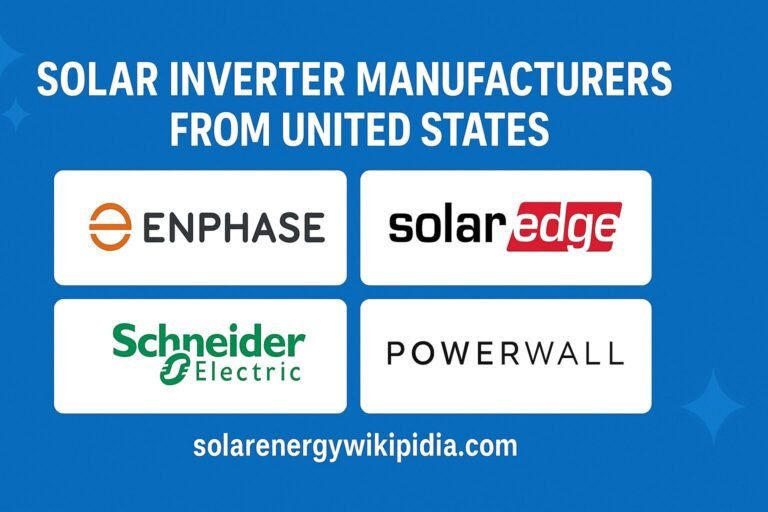
Switching to solar power is an excellent way to reduce energy costs and contribute to a sustainable future. However, many homeowners are surprised to find that their electricity bills don’t disappear entirely after installing solar panels. If you’re wondering, Why is my electric bill so high with solar panels?, you’re not alone. Understanding the reasons behind this issue and optimizing your system for maximum efficiency can help you make the most of your investment.
This guide explores key factors that may be affecting your electricity bill, including system performance, energy consumption habits, seasonal variations, and utility charges. We’ll also provide practical solutions to help you maximize your solar savings.
Table of Contents
1. Energy Usage Exceeds Solar Production
One of the most common reasons for a high electric bill is that your household is consuming more electricity than your solar panels are producing. If you’ve added new appliances, started working from home, or purchased an electric vehicle after installing your system, your energy needs may have increased.
Solution:
- Monitor your energy consumption and compare it with your solar production.
- Invest in energy-efficient appliances to lower electricity usage.
- Consider upgrading your system by adding more solar panels if your needs have grown.
2. Seasonal Variations in Solar Energy Production
Solar panel output varies throughout the year based on sunlight availability. Winter months, cloudy days, and shorter daylight hours can significantly reduce production, forcing you to rely on grid electricity.
Solution:
- Account for seasonal variations when evaluating your solar performance.
- Use battery storage to save excess energy produced during sunny days for use at night or during low-production periods.
3. Utility Fees and Minimum Charges
Even with solar panels, utility companies often charge fixed fees for grid connection, metering services, and administrative costs. Some utilities also have demand charges or time-of-use rates that may affect your bill.
Solution:
- Review your utility bill to understand the charges and how they impact your costs.
- Contact your utility provider to clarify any fees and see if alternative rate plans are available.

4. Inefficient Solar Panel Performance
Dirt, debris, shading from trees, or panel degradation over time can reduce the efficiency of your solar system, resulting in lower energy production.
Solution:
- Regularly clean your solar panels to ensure they receive maximum sunlight.
- Trim trees or remove obstructions that create shade.
- Schedule annual inspections to check for performance issues or component failures.
5. Incorrect System Sizing
If your solar panel system wasn’t properly sized to meet your household’s energy needs, it may not generate enough electricity to fully offset your usage.
Solution:
- Consult with your solar provider to assess whether your system is correctly sized.
- Expand your system if your energy consumption has increased since installation.
6. Net Metering Limitations
Net metering allows homeowners to send excess solar energy back to the grid for credits. However, some utilities have restrictions on how much energy you can send back or limit the value of credits.
Solution:
- Understand your utility’s net metering policies to see how credits are applied.
- Optimize your energy usage to align with peak solar production hours.
7. Additional Electric Usage at Night
Solar panels only generate electricity during the day, meaning any energy used at night comes from the grid unless you have battery storage.
Solution:
- Invest in a solar battery to store excess daytime energy for nighttime use.
- Shift high-energy tasks like laundry or cooking to daytime hours when solar production is highest.
How to Maximize Your Solar Savings
Beyond addressing high electricity bills, here are additional ways to ensure you’re getting the most from your solar investment:
1. Monitor and Optimize Your System
Use solar monitoring apps to track your system’s performance and identify inefficiencies.
2. Adjust Your Energy Habits
Run major appliances during peak solar production hours to minimize grid reliance.
3. Maintain Your Panels
Clean your panels regularly and schedule professional inspections to prevent performance losses.
4. Explore Incentives and Tax Credits
Check for federal, state, and local solar incentives that can help offset installation costs and maximize returns.

My Personal Take on Solar Optimization
If you’ve installed solar panels, you’ve made a great choice toward energy efficiency and sustainability. However, I know from personal experience that maximizing your savings requires some effort. Regularly monitoring your system, maintaining your panels, and optimizing your energy habits can make a significant difference. Solar isn’t just a set-it-and-forget-it solution it’s a long-term investment that, when properly managed, can lead to substantial savings and environmental benefits.
By implementing these strategies, you can take control of your energy costs and ensure your solar investment pays off for years to come.d above, you can take full control of your energy usage and ensure that your solar investment delivers the best possible return for years to come.






2 thoughts on “Why Is My Electric Bill So High With Solar Panels in 2025?”